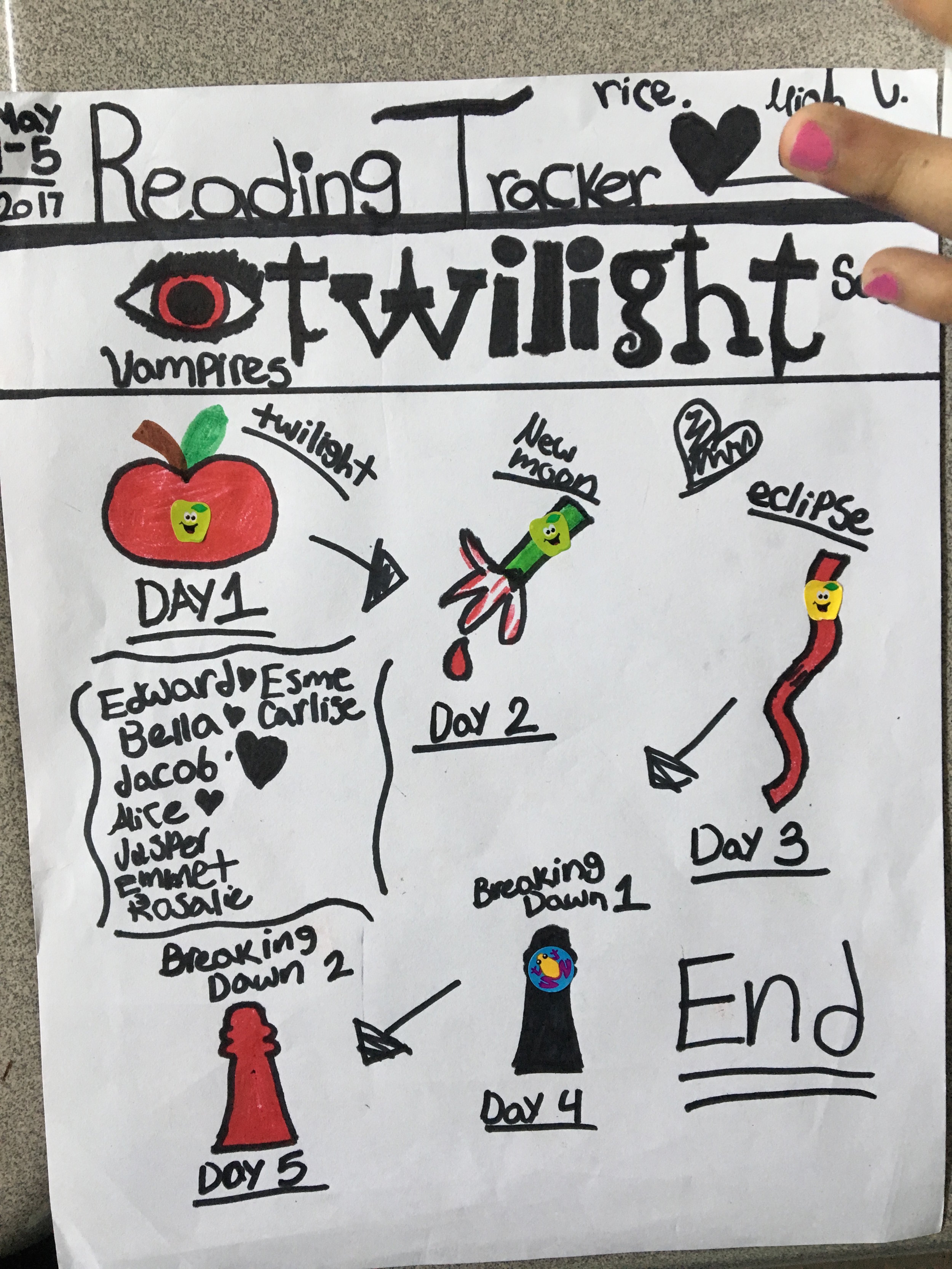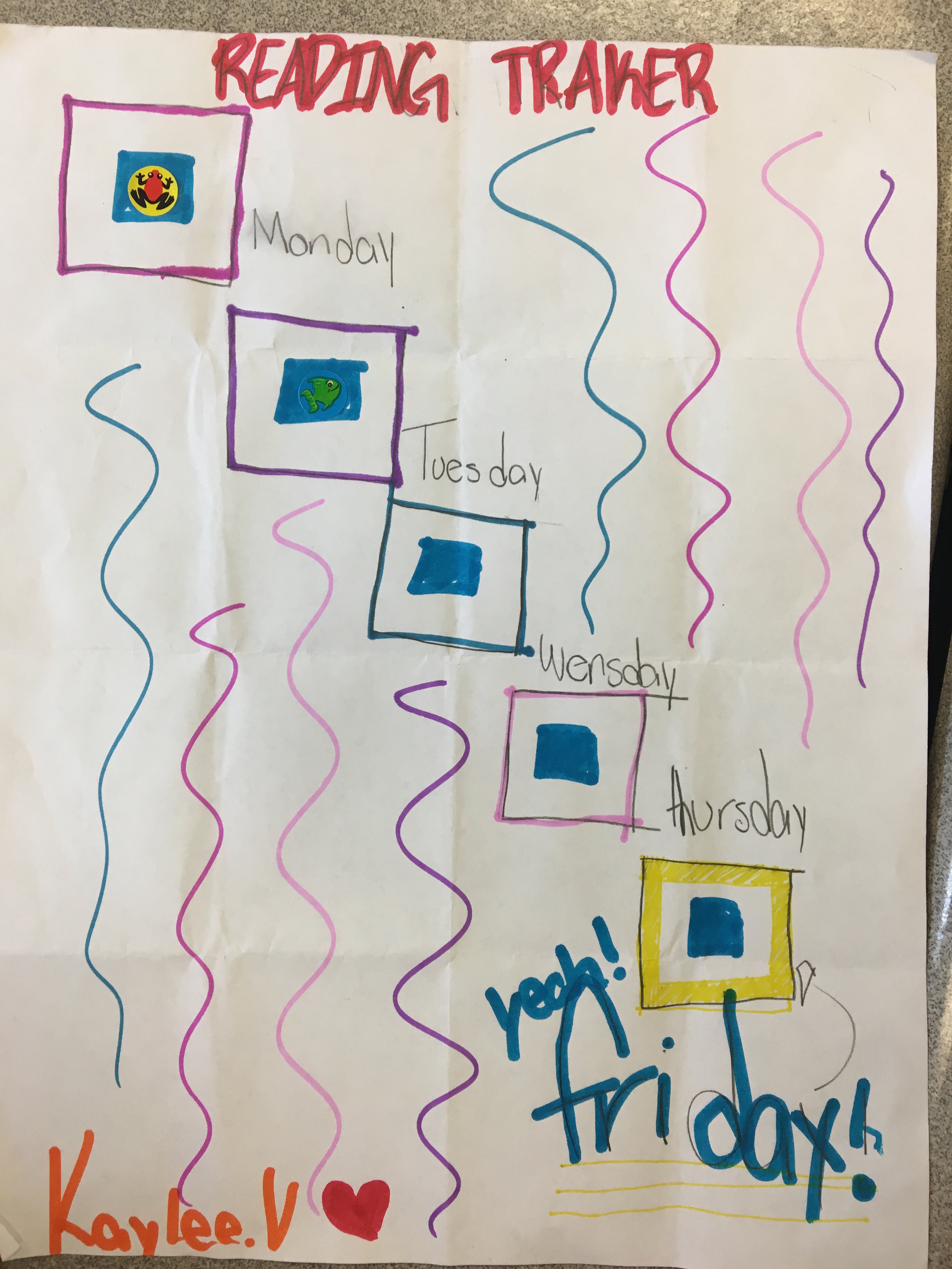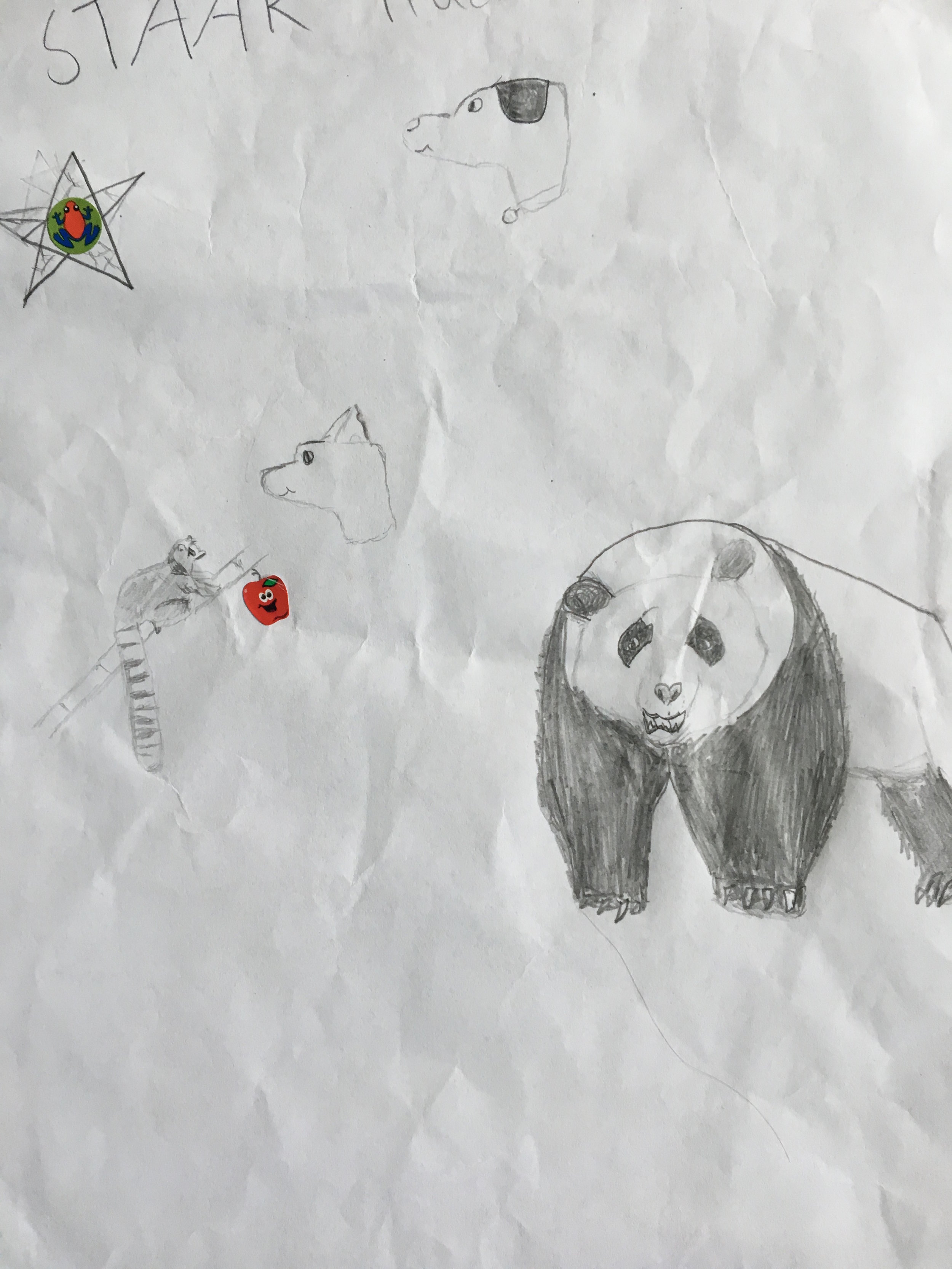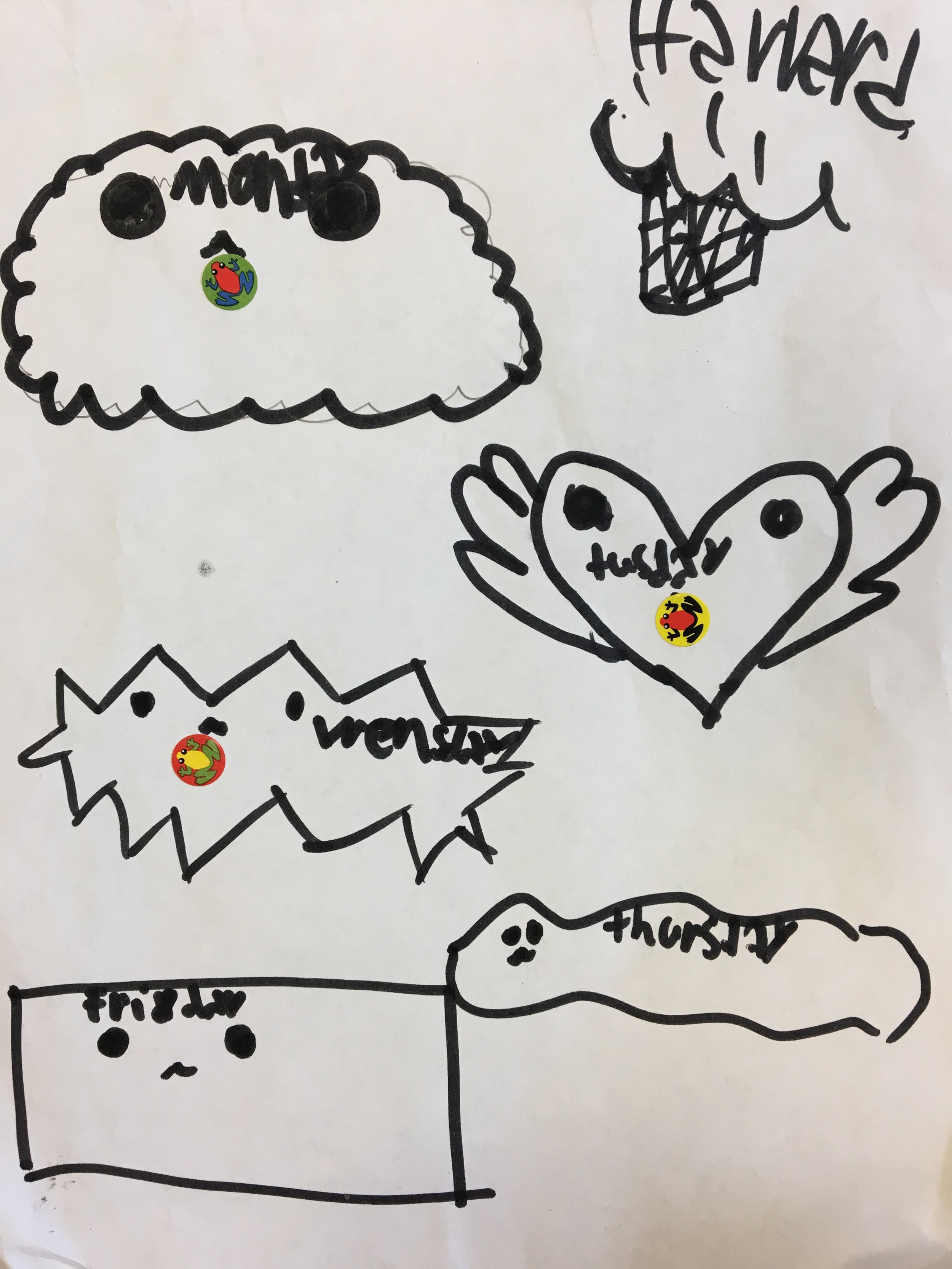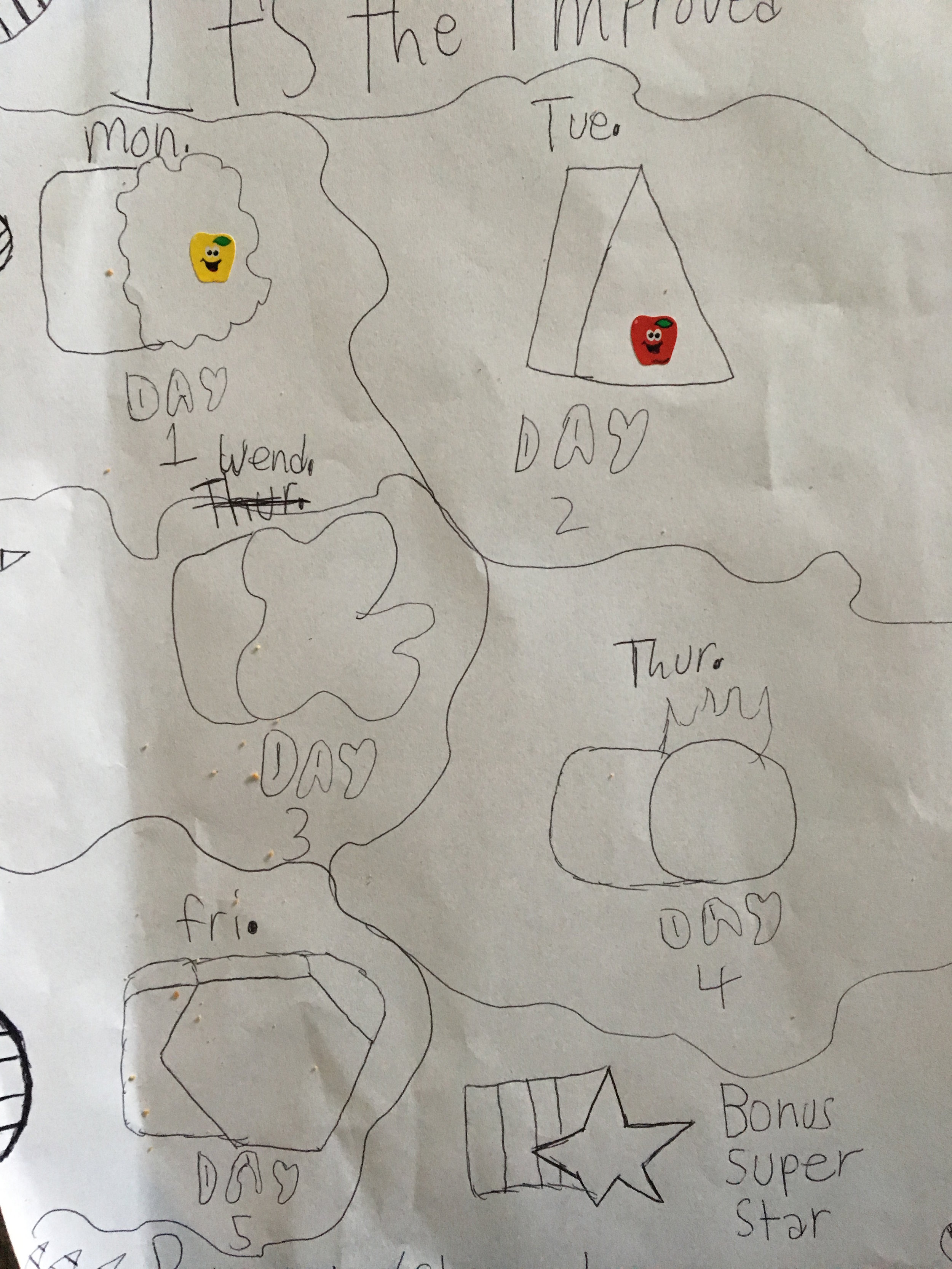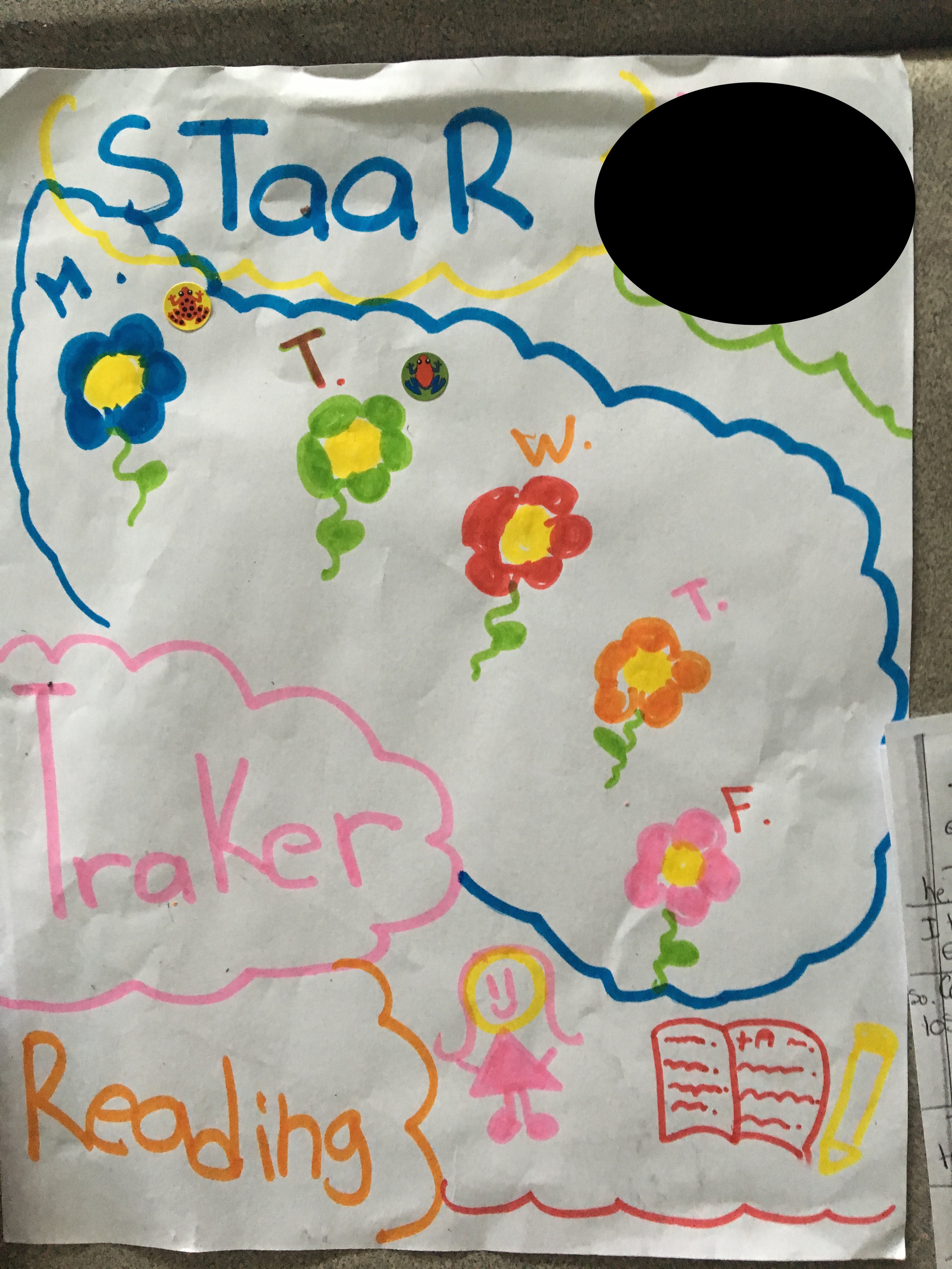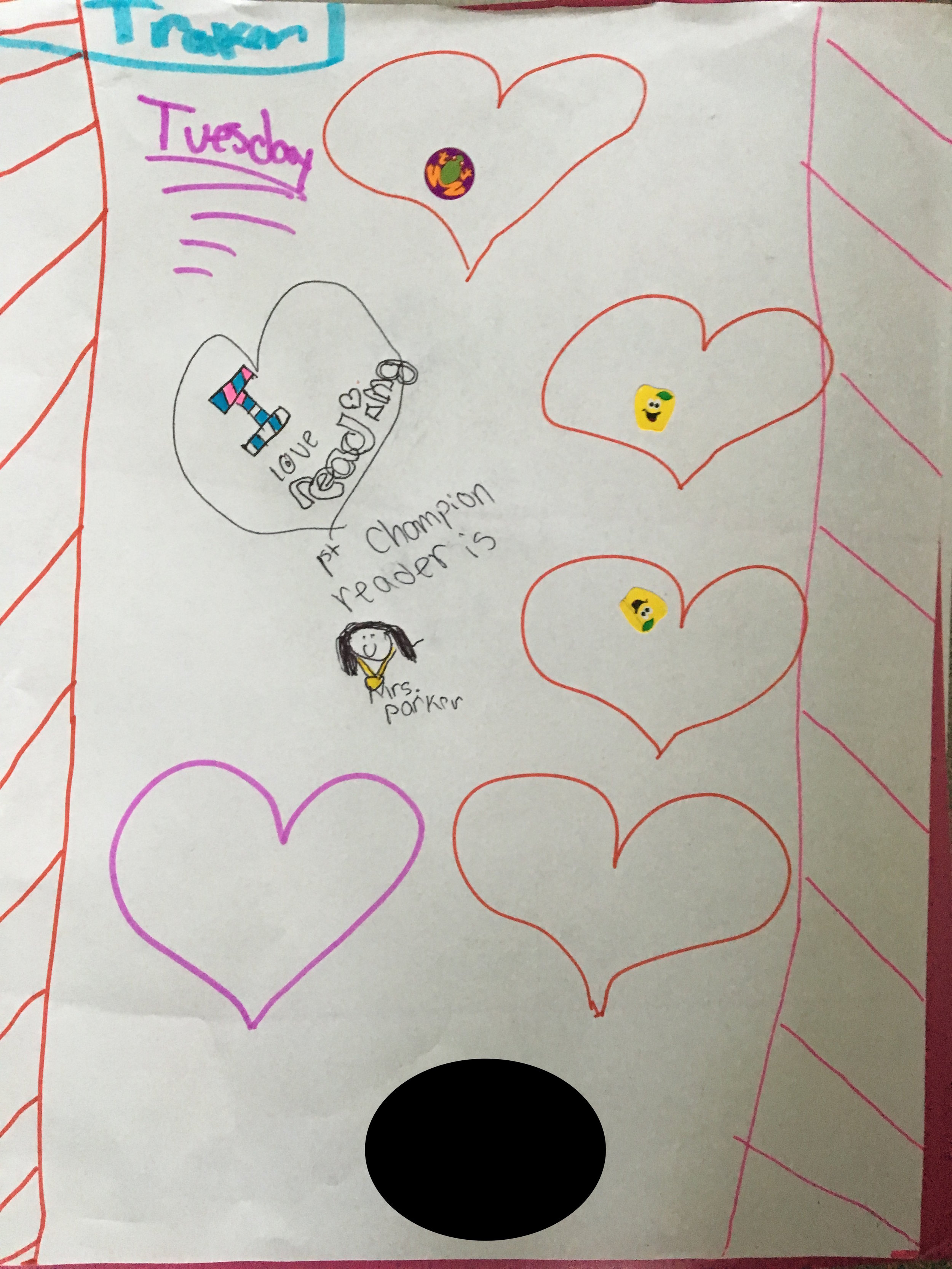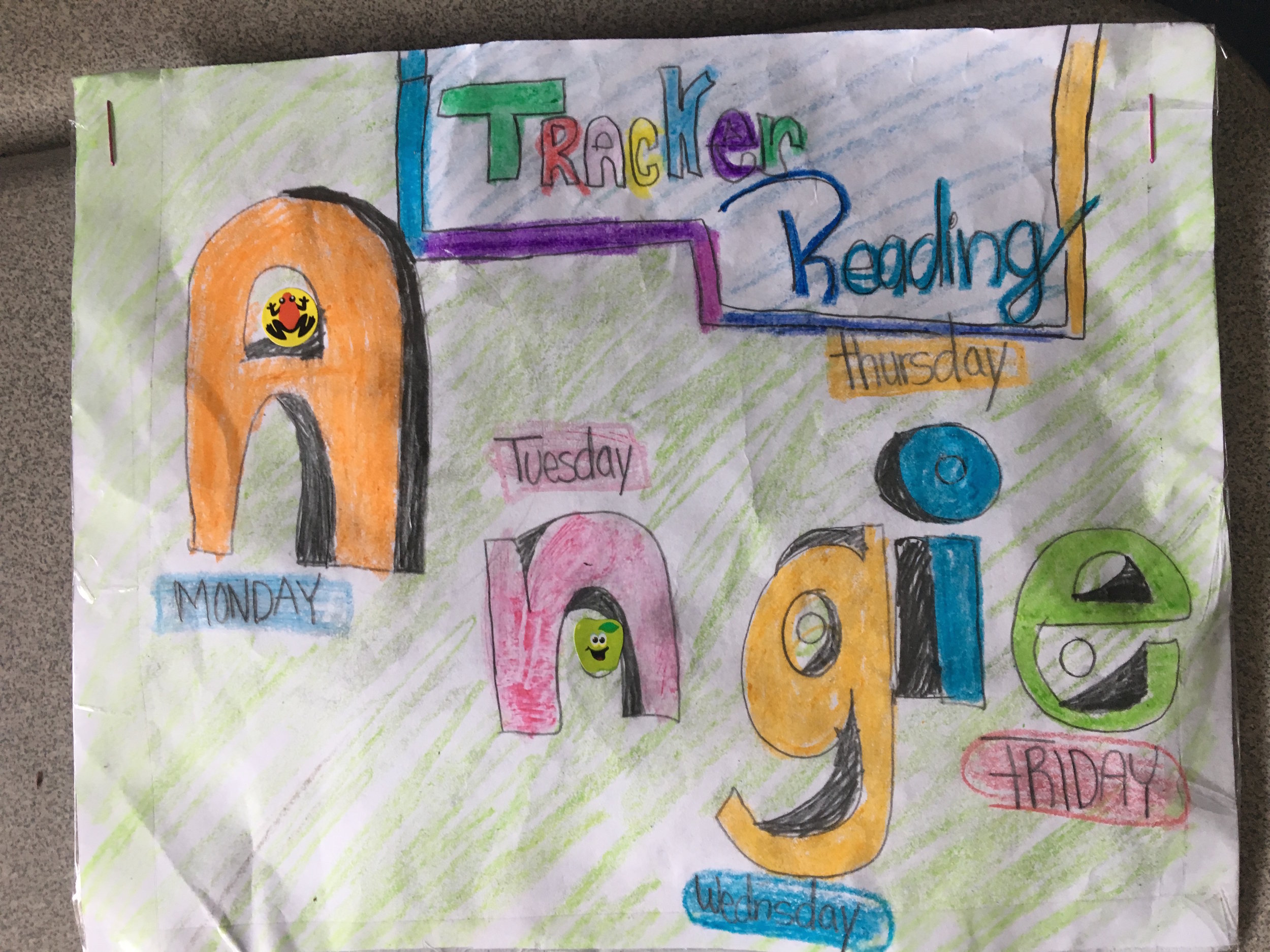Revise and Edit
I see my flaws more clearly, having taught. I am a natural educator; I was not a natural teacher. My students understood big ideas, or they at least understood how much I wanted them to learn. But teaching isn’t just planning, or thinking, or dreaming; it’s execution. I struggled to become bigger than myself. I learned slowly how to act and put on armor while leaving some soft spot reachable. These kids made me grin, tear up, and feel warm with pride. Their behavior also made me feel more insecure than any adult has ever made me feel. I relished the days when they didn’t touch my sense of self and instead all of me was enveloping them, guiding them, nudging them forward. On those days, my doubt, fear, frustration, insecurities, assumptions, worries didn’t exist. I felt like a teacher and an educator. Other days, sometimes the days where I had my best lesson plans, my coolest projects - all those inhabitants of Pandora’s Box came out clear and ugly anyway. I judged my students, I felt mad, I raised my voice, I judged myself.
My essential mistake, early this year, was wanting it all to be easy. My first year teaching had been so hard - 115 ten year olds, a state test on my shoulders, charter school expectations, all in a part of the United States that was, to me, a foreign country - that I just wanted a little space. I just wanted to leave school without my shoulders pinched to my ears in stress. I wanted the time to get to know my students, even though there were 113 of them. I wanted a few moments to pause the lesson and laugh with them. I wanted my days to flow with some calm momentum.
But you don’t teach because it’s easy. There's not much of anything that you should do because it's easy. I realize now that I needed to lean into the challenge of this group of kids, crack the code that would harness their strengths. This group of nine- and ten- year olds had some wild energy that shocked the rest of the school when they saw the kids grow into it. Girls who rolled their eyes at teachers. Boys who ran around the cars at drop-off in the early morning when the other kids sat sleepy against the walls of the hallway. But these boys and girls also had an eagerness to debate, a competitive spirit, a desire to push the limits. An experienced teacher would have known to harness that. I didn’t. There were early moments when I yelled instead of listened, sought control instead of respect, over-analyzed my actions but didn’t change them.
I had physical barriers, too; starting in September, I had sinus issues that affected my voice, whittling it down to a harsh whisper on some days and a cracked bullhorn on others, until I had surgery in March. But I can’t help but wonder if this broken voice would have mattered if I had started the year leaning into the challenge. Trying to de-escalate, engage, hold accountable. The disconnect between what I did, and what I recognize that I should have done, reminds me that teaching is a craft that takes years to perfect. With another year, I could have revised my style, edited it.
By the end of the year, I did find space at school. Not a lot - but some. When all four hours of state testing was over, I got to plan our days with intentions broader than multiple choice questions. I got to set up and see half my kids compete in a social entrepreneurship "shark tank." I got to stop my lesson and laugh with them when someone said something funny. I got to see them take the structure I gave them - find a problem, think of a solution, write a pitch, deliver it - and run, create shooting safety bracelets and litter collection clubs and anti-bullying apps.
One of the hardest things about teaching is forgiving the past - reflecting on but not harping on mistakes. The end of the school year invites so many questions that can drag you down. Have I taught my students anything? Have I been strong but kind? Do they feel loved? Your answers could pull you into your next future. The wedge of space I found after state testing made the idea of teaching another year whisper to me - do it. I saw the things I fixed by the end of the year, and I understood what many circumstances I could not change. I saw the mistakes I made, and I understand what I could have done better. But I saw, too, that my skill, my privilege, is in being able to connect worlds. To give my students and kids like them a bigger, richer range of opportunities, I can't stay in the classroom. I crave one more year of this thirsty challenge while knowing that it's not quite mine.
And so this essay is, in a way, a love letter to the teachers returning to the classroom. Cultivate that grit you want your students to have. Lean into the challenge. Revise, and then edit; reflect year after year on what you could do better, and then go back there and do it.

